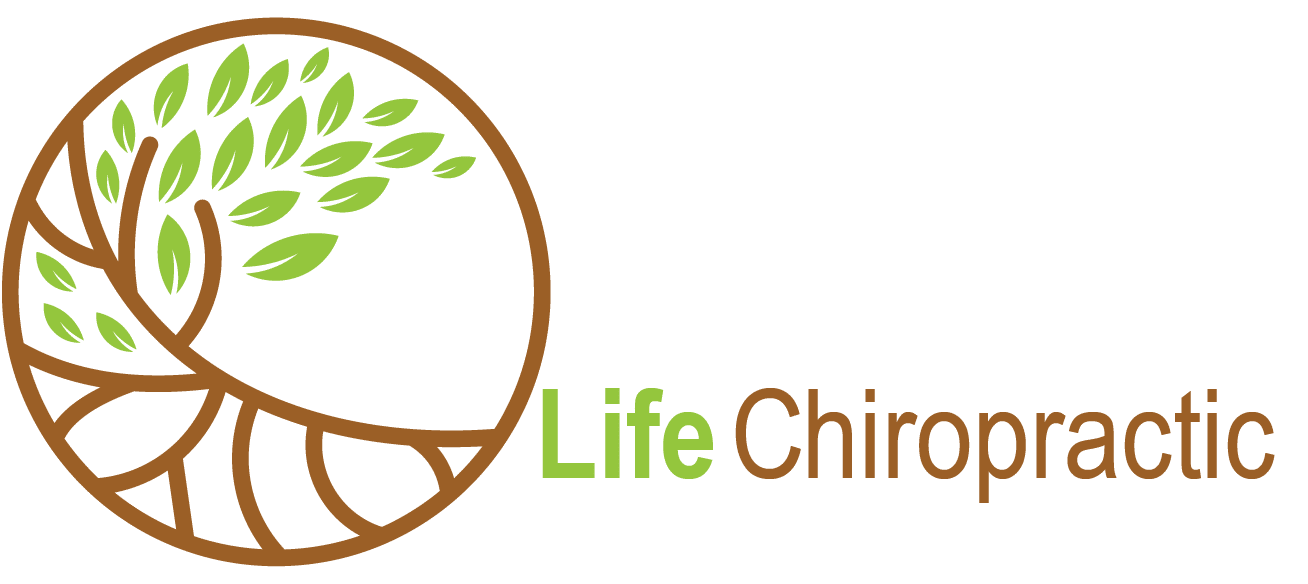For most of us, sleep is a challenge at one time or another. For some it is a continual challenge. And, for almost all of us we could benefit from sleep that is deeper and more restorative.
As a corrective chiropractor I have deep appreciation for the value that good sleep offers us in our health, how we feel, our energy levels, and our emotional outlook. There are a few really important areas that have a great impact on our health:
- Sleep
- Diet
- Movement
- How we Breathe
Sleep is the time our brains do a deep clean. It is essential for both physical and mental well being. And, the quality of our sleep is critical.
Why is Sleep so Challenging?
We live in a challenging world filled with stimuli that was not present even a few hundred years ago. Even the electric light bulb did not exist 150 years ago. Before that the only light humans had ever been exposed to was sun or fire.
As a result our nervous systems have become dysregulated. Our Sympathetic Nervous System (SNS), often referred to as “fight or flight” is in near constant activation for most of us. While this can be energizing it makes it difficult for our brains and our bodies to relax, recover, and heal. In the short term this isn’t much of a problem. But, over years this is a prime reason for the proliferation of so many chronic “lifestyle” related illnesses and diseases.
Our world and our lifestyle continually activates the SNS, in turn inhibiting the function of the Vagus Nerve. This is the perfect combination if you want to disturb quality sleep.
The Importance of Light
About 150 years ago the only light humans had ever been exposed to was light from the sun and from fire. Now we are exposed daily to a range of artificial light – light bulbs, phones, computers, televisions, etc.
When we only had the sun and fire, there was a natural rhythm to our light exposure. We woke up with the rising sun and slowed down as the sun set. Even fire mimicked the light of the setting sun.
Research has shown that the wrong type of light at the wrong time causes dysregulation in our sleep patterns, or what is called our circadian rhythms. All of our light bulbs and screens emit light in the blue spectrum and this is similar to the early morning light that helps stimulate our morning production of the waking hormone cortisol.
The problem is that cortisol production outside of the morning can tell our body to respond like it is morning rather than slowing down in preparation for sleep.
You can try to limit your exposure to bright lights in the evenings. You can buy some bulbs that eliminate the blue light. You can wear blue light blocking glasses in the evening.
What Else Can You Do?
Many generations ago we lived in sync with the natural rhythms of the earth. We rose with the sun and retired soon after the sunset. As I’ve noted, modern life with all its technological advancements has resulted in a huge disruption to what is called our circadian rhythm.
Here are few things you can do to support a healthier circadian rhythm and better sleep:
#1 Go Outside: there is no substitute for natural sunlight. I would encourage you to spend time outdoors without sunglasses. Your eyes have specialized receptors that have nothing to do with vision.
Go outside and expose your eyes to natural light within the first hour of waking. Do this again later in the day before sunset. This will help support shifting your sleep patterns.
#2 Technology: I have already discussed the unnatural wavelengths of light emitted from our electronic devices: phones, computers, tablets, televisions. You can use blue light blocking glasses indoors after the sun sets and especially in the last few hours before bed.
In your bedroom there should be no visible light emitted from any electronic device: clocks, phones, etc.
#3 Go to Bed: Go to bed when you first start feeling tired. Make your bed time consistent from day to day. If you push through that first feeling of fatigue and sleepiness you will produce cortisol that gives you that “second wind”. That will further disrupt your sleep.
Your Final Takeaways….
- Avoid taking devices to bed with you
- Don’t spend any time on screens in the last hour or two before bed
- If you use your phone as an alarm put in on airplane mode
- Get outside and expose your eyes to natural light both in the morning and late afternoon.
About Dr. Berkowitz
Bringing more than 3 decades of practice experience, Dr. Bill Berkowitz focuses on balancing and corrective care, applying his expertise to provide patients with predictable, repeatable and measurable results. Dr. Bill consistently strives to enhance the well-being of his patients by addressing the root imbalances of their problems and promoting optimal balance, alignment, and function of the spine and nervous system.
Bill’s wealth of knowledge and experience has allowed him to develop a nuanced understanding of the human body and its intricate connections. With each adjustment, he supports the body in returning to a state of balance that goes beyond mere symptom relief, focusing instead on long-term correction for his patients’ well-being.
Blog: https://lifewithinchiropractic.com/blog/
Schedule your first visit here: Schedule Here
